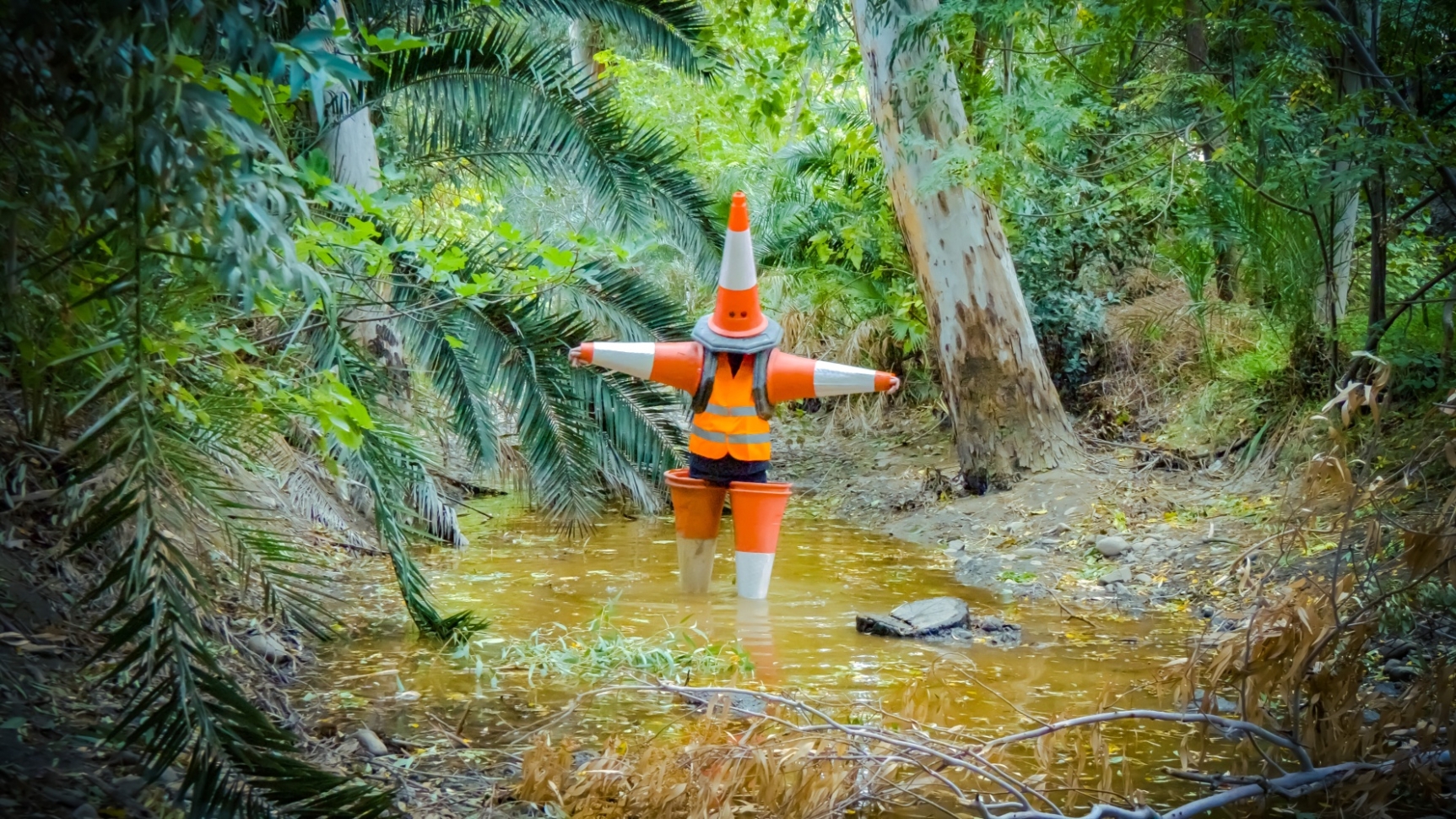The Art of Activism 22. 10. 2025 – 15. 2. 2026
Curator: Jitka Hlaváčková; Co-operation: Vít Havránek, Andrea Hrůzová-Průchová, Oliver Elser, Alice Koubová, Martin Nitsche, Megan Hoetger, Zuzana Štefková, Nicola Baird, András Kenyi and others
The Art of Activism exhibition and publication explore a specific segment of protest and engaged art in the Czech Lands, especially after 2009 (the global economic crisis) in the context of international movements such as Occupy Wall Street, Black Lives Matter, Me Too, Women Life Freedom, Fridays for Future, Extinction Rebellion, etc. In addition to reflecting on Czech individual and collective artistic activities, significant space is devoted to foreign initiatives, especially those that form the immediate political and inspirational context of the local art scene.
Through a range of documentary and other artistic media, the project maps examples of “performative democracy” in the form of activist, political and environmentally oriented projects, as well as contemporary artistic practice in the field of social intervention and participatory strategies that contribute to deepening social resilience by supporting civic initiatives.
The project explores the relationships between the individual and the local-global society, between solidarity and active engagement, between an artwork and its social transcendence. It explores the ways in which artistic strategies are involved in the broader context of protest activities and movements, and reflects on the most significant concepts of basic human rights and social justice in artistic work. The four main exhibition sections, structured in line with the division of the exhibition space of the Municipal Library, will indicate current tendencies in addressing selected interrelated issues: the right to housing, the right to identity and equality, the right to asylum and the right to a safe environment.
The exhibition and its catalogue will, perhaps for the first time in the Czech context, attempt to comprehensively grasp the issues of activist art, from its visual presentation to art historical analysis – both in terms of individual works and as a distinct art historical category. The broad, interdisciplinary team of artists aims to capture not only the historical and philosophical roots of engaged art, but also its social impact in the form of both immediate repercussions and long-term effects on the functioning of democratic principles and civil society. The concept of the exhibition is based on the important, though still little reflected in our country, tradition of art historical research on social activism, as explored by art theorists such as Suzanne Lacy, Bruno Latour, Peter Weibel, Judith Butler and others.

